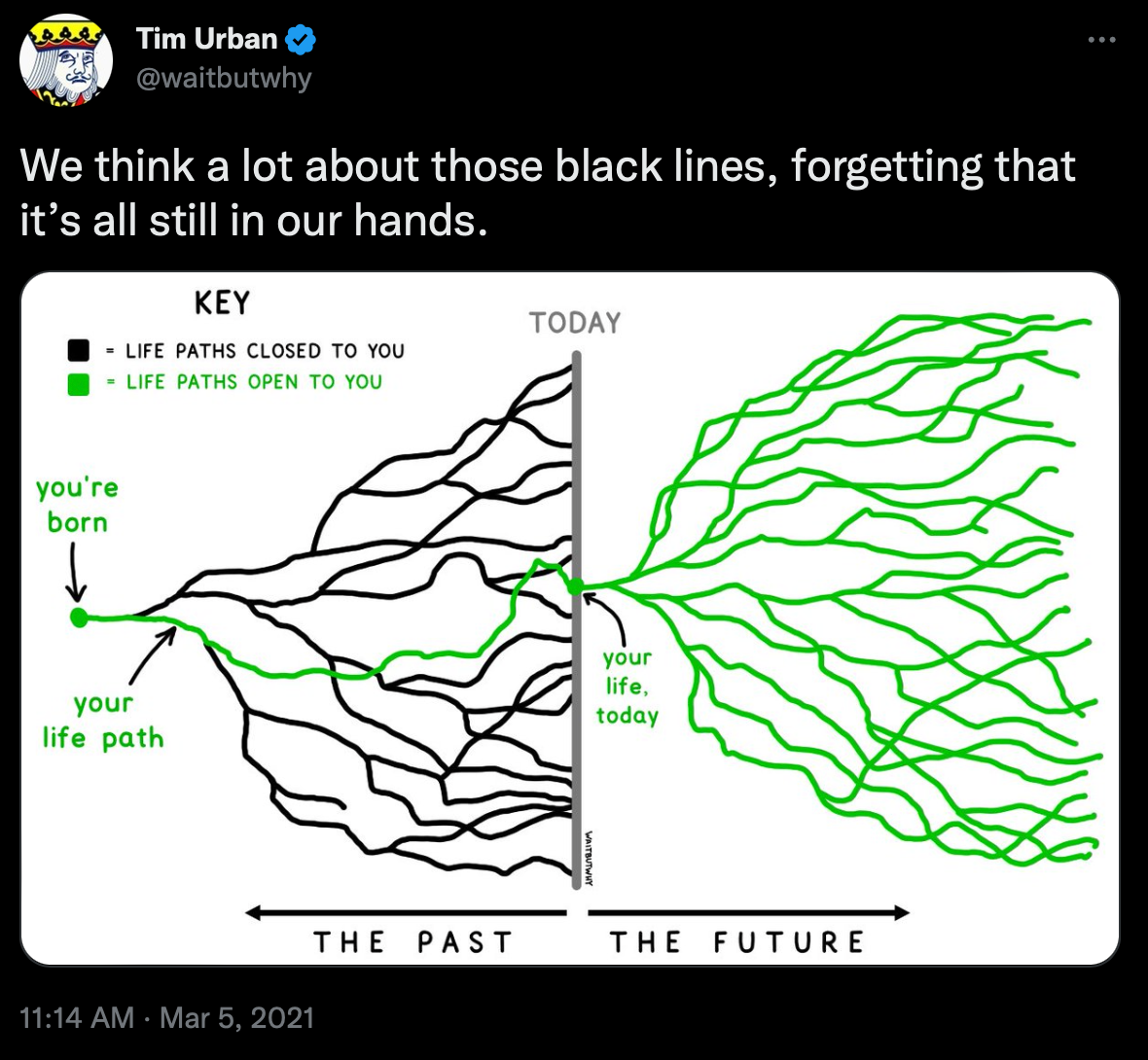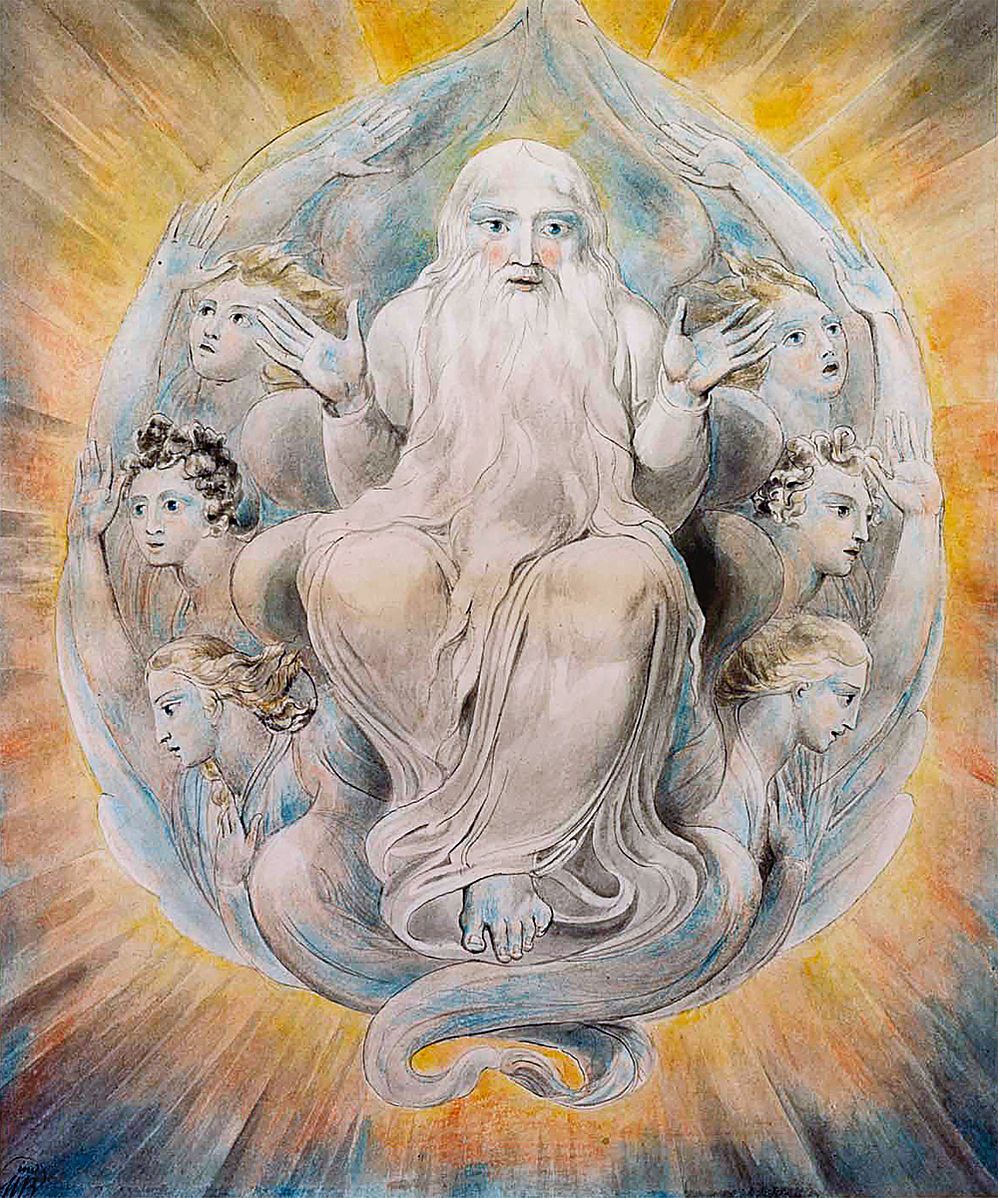I saw Avatar: Way of Water last night. I'm going to have to see it again in a couple of weeks, because it was really something else, despite the fact that I unknowingly signed on for a 3D screening, and I despise 3D movies.
The entire time, I was very aware I was watching a movie, and not only because I had to wear the silly glasses on top of my own eyeglasses. I will explain why in a minute, and then also tell you how this film pushed me over the ledge. But first, I have to complain to you about photographers.
I am a very amateur photographer. I tend to operate my camera in automatic mode, because I cannot care less if my pictures are technically perfect. This helps me capture the world and all it's detail. I don't have to worry about being out of focus or underexposed or anything else.
A good friend was asking about my camera, what all the dials and buttons do, and so on. He's an ultra-rational guy, and has also known all the maths behind photography since he was a teenager. He starts rambling about apeture and shutter speed and focal length, and I just glaze over. Why does it matter, I ask.
It's all about the bokeh, he replies.
By now, the average person should be initimately familar with bokeh, even if they don't know the term or aren't otherwise into photography. When you switch your phone's camera into portrait mode, the intense blur you see is what photographers call bokeh.
Like I said, I don't really understand the technical matters of photography. I do know that among other things, it is dependent on the design specifications of the lens and imaging sensor. And i only know that because that portrait mode on your phone's camera is simulated with software because it's lens is too small to create that shallow depth of field. This matter is one I've made the choice to remain ignorant, but I'm sure Wikipedia has a good run down if you're interested.
Anyhow, bokeh is a prime example of a technical constraint being transformed into means of artistic expression. But unlike other forms of art, there is a technically correct way to use bokeh, and if you use it poorly, the results are objectively bad. And, subjectively, even precise use of bokeh yields unsatisfying images.
People still lean on it though. I'm no professional, but my guess is that isolating a sharp foreground against a blurred (bokehed) background allows a photographer or director to hide objects in the background. Remember that word, isolated, for it is the word that may tie all of this together.
In 2020, sports broadcasting introduced new camera rigs to it's field crew, and it was immediately noticed. It seems like most people applauded the change, but it uses very exaggerated bokeh, so of course I hate it. It's extraordinarily unrealistic, and has the hide the background effect in a wide open space, where the human eye has the capability to have a large scene in it's vision.
Because I believe crankiness is fine, so long as you can justify it, I will tell you why it's bad: it turns the image into an authoritarian medium.
By blurring the background, the camera is leaving out most of the detail from a frame. In sports, that means the reactions of other players on the field are obscured. Or, during a wedding, it means that you are unable to see the reactions of the bride and groom's loved ones as they participate in the big day. You lose so much detail, so much setting, behind the bokeh.
Even if you were interested in the scene in it's entirety, you are not allowed to investigate further, because the photographer has chosen to hide those details from you. (I'm just realizing that cable news networks use a shallow depth of field while reporting out in the field, because it can make a crowd of 20 look like 2000. Another strike against the photographic technocrats.)
Bokeh is authoritarian because it imposes it's will on you, the viewer. You must get in line, and see this image the same way as everyone else. No looks behind the bokeh for you.
What's this have to do with Avatar, you're probably thinking. Well, remember I said I regretted seeing the 3D showing? That's because 3D movies are also a tyrannical medium, and that's really a shame with a film lauded for it's rich world-building.
Effectively, 3D is bokeh, but instead of blurring the background, the foreground jumps off the screen into the space between the movie and your eyes. And no matter how bad you might want to look at what is not 3D, it's impossible to do so. Whatever is popping off the screen is both metaphorically and literally in your face.
So, in Avatar, you can't isolate your own focus on the cute sealife around the edges of the frame, or stare off at the vivid landscapes behind Sully. Whatever James Cameron decided should pop off the screen is what you, the viewer, are seeing.
I realize that there are probably a lot of people who like this aspect of Cameron's filmography. I'm sure it helps some people stay focused on what the director thought was important to push the story along. Maybe there's a left/right brain split here, because there are equally polarizing views of another filmmaker who is the antithesis of Cameron: Wes Anderson.
The quirky director of Grand Budapest Hotel fame is celebrated for his incredbile attention to detail. His sets are immaculately crafted, and the choreography between actors and cameras creates a dynamic interplay of characters and environment. I very much enjoy these movies because you, the viewer, have free reign to spot these details. Each time watching his films is like a game of Where is Waldo, always finding something new.
I do, however, find it interesting that Avatar, being an animated movie, was also created from scratch, with every detail meticuloudly placed in frames, but the 3D technology it's creator loves hides all that effort. And unlike a photographer's use of bokeh, I doubt that Cameron is using isolation to hide undesirables from the frame. That's because he spent tens, if not hundreds of millions of dollars rendering Pandora as the set for his story.
And that's why I have to see the movie again before it leaves the big screen. I must see all that was hidden by the tyrannical auteur name James Cameron.
This meditation has helped me realize that I want to become a liberating auteur. I want to create capsules of fiction and fantasy to help humanity learn to see itself a little bit better, to help those I love and those I don't know find there way through both the beauty and suffering of life. And really, more than anything, I think I myself just want to feel OK.
There was a line in the midst of Way of Water's climax, where father told his troubled teenage son I see you. Of course that brought me to tears. All anyone wants is to be seen by others and be able to see themselves in others.
Story, I think, might be the only way to do that. So I must tell some of my own.


